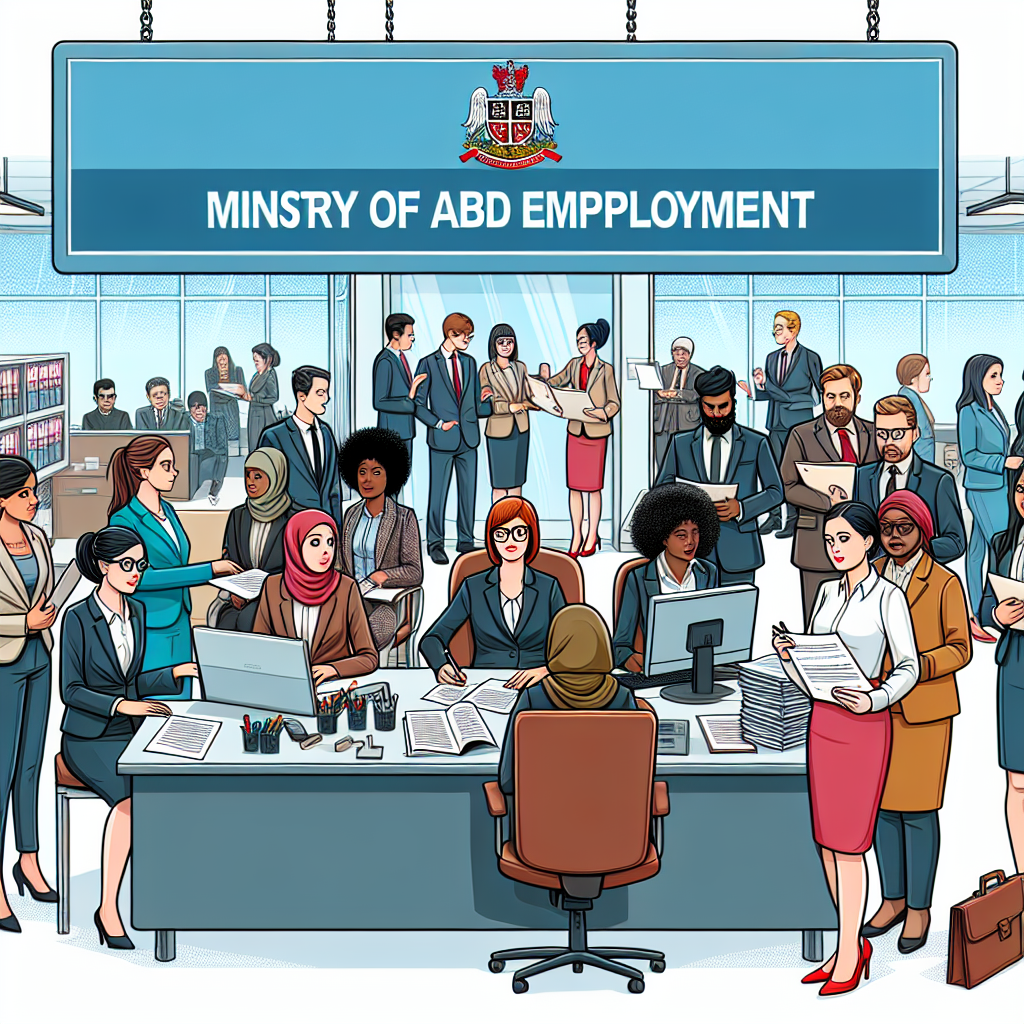Workplace Relations and Safety Minister Brooke van Velden has announced significant reforms to New Zealand’s personal grievance system, aiming to increase employee accountability and protect employers from undue financial penalties in cases of employee misconduct.
The changes, part of the ACT-National Coalition Agreement, seek to simplify personal grievance processes under the Employment Relations Act and strike a fairer balance between employer and employee rights.
“Employees should not be rewarded in the personal grievance system for poor behaviour or performance,” Ms. van Velden said. “These changes will give businesses more certainty and allow them to focus on operations instead of costly legal battles.”
The current system has seen financial remedies awarded even in cases of serious employee misconduct, such as violence, theft, and fraud. Examples cited by Ms. van Velden include:
An employee dismissed for falsifying timesheets who still received $10,500 in compensation and 13 weeks of lost wages.
A health professional reinstated after being dismissed for physical violence toward a patient.
An employee dismissed for theft of company food who was awarded $21,000 in compensation.
“This is not the balance personal grievances are meant to strike,” she said.
Key Reforms in the Employment Relations Amendment Bill
The upcoming reforms, set to be introduced in 2025, include:
Serious Misconduct Exclusions: Employees found guilty of serious misconduct will no longer be eligible for remedies such as compensation or reinstatement.
Reduced Remedies for Employee Contribution: Remedies can be reduced by up to 100% if an employee’s behavior contributed to the grievance.
Higher Threshold for Procedural Errors: Employers’ actions will be considered fair even if minor procedural errors occurred, provided those errors did not lead to unjust outcomes.
Fair and Reasonable Considerations: Courts and tribunals will assess whether employee behavior obstructed the employer’s ability to meet fair and reasonable obligations.
Eligibility Limits for Poor Performance: Repeated poor performance by employees will result in reduced or eliminated remedies for compensation or reinstatement.
Balancing Workplace Morale and Legal Certainty
Ms. van Velden acknowledged that dismissing employees is often a last resort for businesses due to the associated costs, potential damage to workplace morale, and the risk of reputational harm. The changes aim to make this process more transparent and less burdensome for employers.
“Employers need to have confidence that addressing serious misconduct or persistent underperformance won’t expose them to excessive financial risk,” she said.
Business and Worker Reactions
While business groups have praised the move as a much-needed reform to prevent exploitation of the grievance system, some employee advocacy groups have raised concerns about potential reductions in worker protections. Ms. van Velden has assured stakeholders that the changes will uphold fairness while discouraging misuse of the system.
The reforms are part of a broader Employment Relations Amendment Bill, which will also introduce an income threshold for personal grievance eligibility and other measures to modernize workplace laws. These changes aim to foster a fairer, more efficient employment environment for all parties involved.











